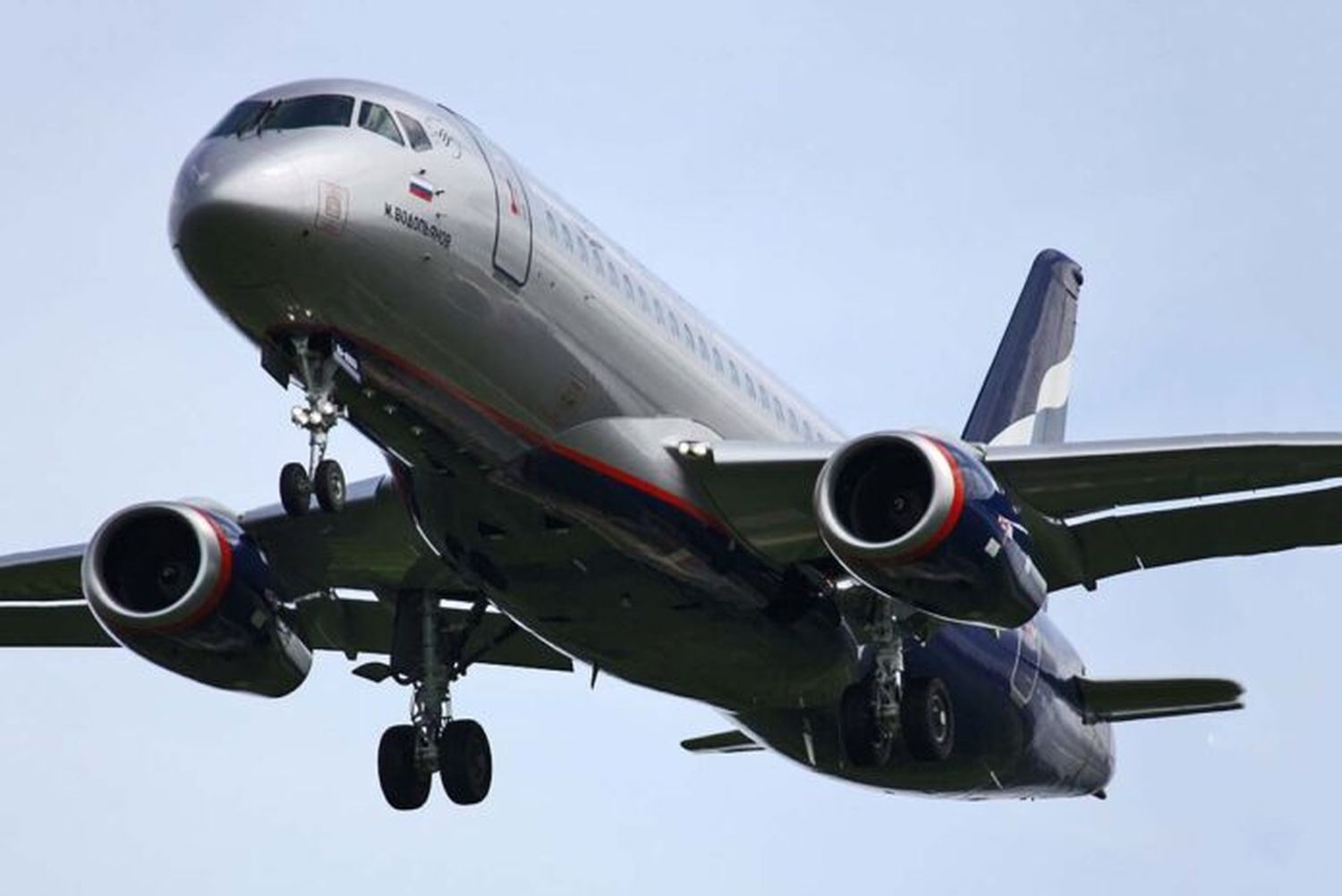The development of the SJ-100, the modernized version of the Sukhoi Superjet 100 featuring entirely Russian-made components, continues to progress with the preparation of test units equipped with Aviadvigatel PD-8 engines, according to United Aircraft Corporation (UAC).
Flight tests are expected to begin in the first half of 2025, marking a significant milestone in Russia's aviation strategy for technological independence.
Testing and Certification Phase
The SJ-100 is part of an ambitious Russian government initiative to reduce reliance on foreign suppliers in the aerospace industry, particularly in response to sanctions imposed in recent years. UAC has confirmed that the certification program will include approximately 200 test flights, covering performance, safety, and operational efficiency evaluations before entering serial production.
The PD-8 engine, developed by United Engine Corporation (UEC), has already passed bench tests and in-flight testing platforms. This powerplant replaces the SaM146, which was designed in collaboration with France’s Safran, allowing the aircraft to operate without requiring parts or maintenance dependent on Western manufacturers.
Prototype Validation Phase
So far, UAC has used several prototypes to accelerate the certification process:
- SJ-100, registration 97021: Conducted its maiden flight in August 2023 with SaM146 engines and some Russian-built systems.
- SJ-100, registration 97012: Currently being modified to incorporate PD-8 engines and replace the remaining foreign-made components.
- Third prototype in final assembly: This will be the first fully Russian-built aircraft, including avionics, hydraulics, and other critical systems.
The Future of the SJ-100
The SJ-100 plays a crucial role in Russia's commercial fleet modernization plan. The government has placed an initial order for 20 units for domestic airlines, with plans to scale up production starting in 2026. Flight tests will determine the certification timeline and entry into service, with expectations that the aircraft will begin commercial operations in 2025.
Through this project, Russia aims to strengthen its aerospace industry and ensure its short-haul fleet consists of aircraft manufactured entirely within the country, reducing exposure to trade restrictions and fostering local technological development.


Comentarios
Para comentar, debés estar registrado
Por favor, iniciá sesión